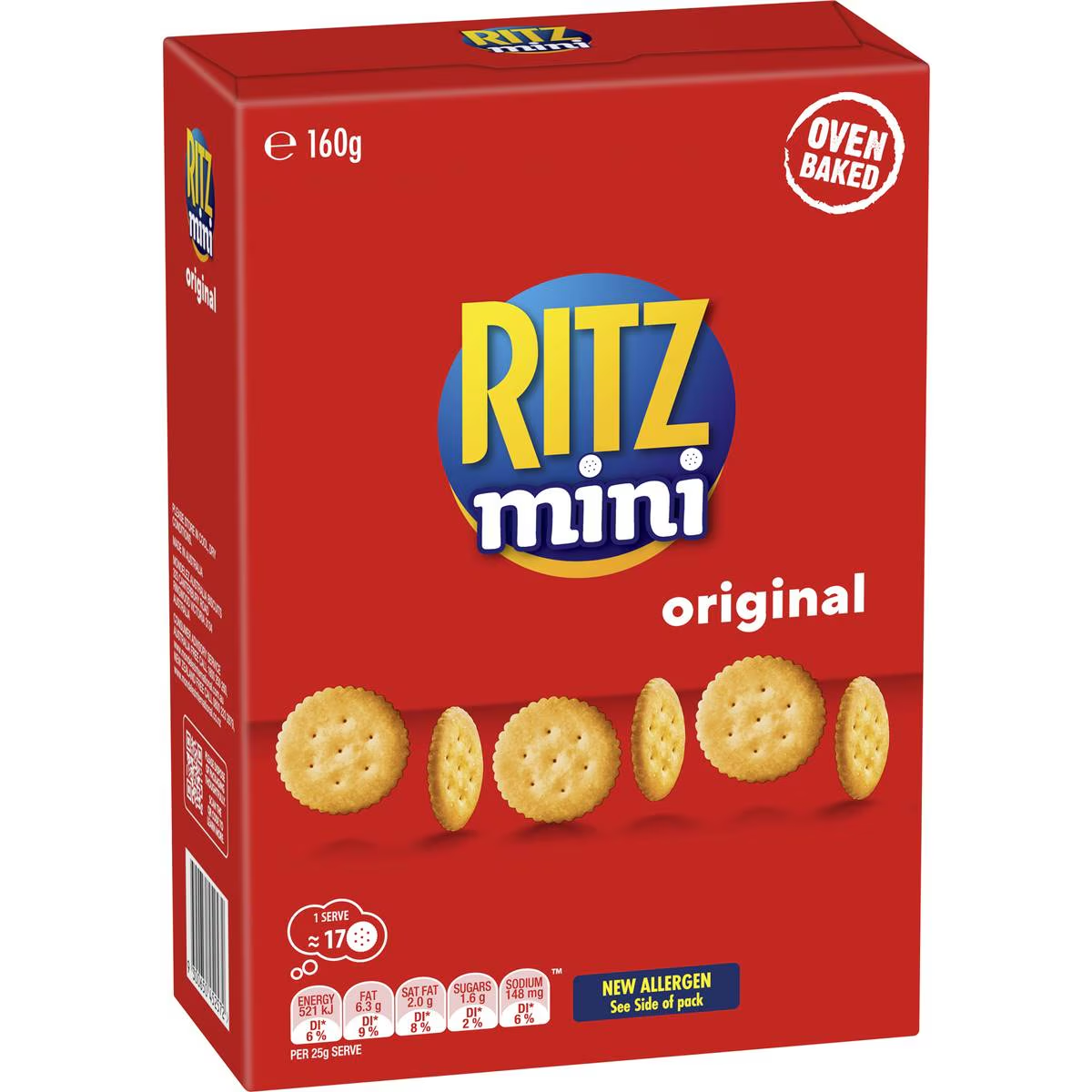Analysts predict that the upcoming consumer price index report for this week will reveal an increase in inflation for the past month, indicating a shift in the trend following a year of consistent inflation reduction.
In June, Canada’s yearly inflation rate dropped to 2.8%, aligning with the country’s target range for the first time since March 2021.
However, economists foresee a temporary nature to this success in controlling inflation, given the indications of persistent underlying price pressures. These signs imply that it will require a certain duration before inflation reverts to the desired two per cent target.
“I think (the report) is going to be a bit of a dash of reality for everyone, including the Bank of Canada, that basically the easy phase is over and now the hard work begins,” said Douglas Porter, BMO’s chief economist.
Both BMO and CIBC are anticipating that inflation for July will register at 3.1 percent, primarily driven by elevated gasoline prices.
In a comparable fashion, the United States witnessed a similar increase in inflation during the previous month, with its annual rate climbing to 3.2 percent from June’s 3.0 percent.
Porter remarked that while the decrease in inflation over the past year was largely attributed to reduced gasoline costs, the upward trajectory of prices might commence contributing to inflationary influences.
“Gasoline has very quickly gone from being a big drag on inflation to being close to neutral to possibly adding to inflation, again, is as early as next month’s report,” Porter said.
An increase in inflation indicated in the July report likely wouldn’t catch the Bank of Canada entirely off guard.
According to its latest predictions, the Bank is anticipating inflation to remain at approximately three percent in the coming year, gradually subsiding to two percent by mid-2025.
These updated projections prompted the central bank’s governing council to implement another quarter percentage point interest rate increase in July, as it aims to expedite the reduction of inflation.
The Bank of Canada’s primary interest rate currently rests at 5.0 percent, marking its highest point since 2001.
While Porter doesn’t anticipate another interest rate hike by the Bank of Canada in September, he emphasizes the challenge in completely dismissing the possibility of further rate increases.
“I would freely admit that, we and most others, also thought the Bank of Canada was done, you know, after their January rate hike,” Porter said.
“All I will say is that never say never.”
Following a decision to halt rate increases in January, the Bank of Canada reengaged in June, opting to once more elevate interest rates due to a series of robust economic indicators.



